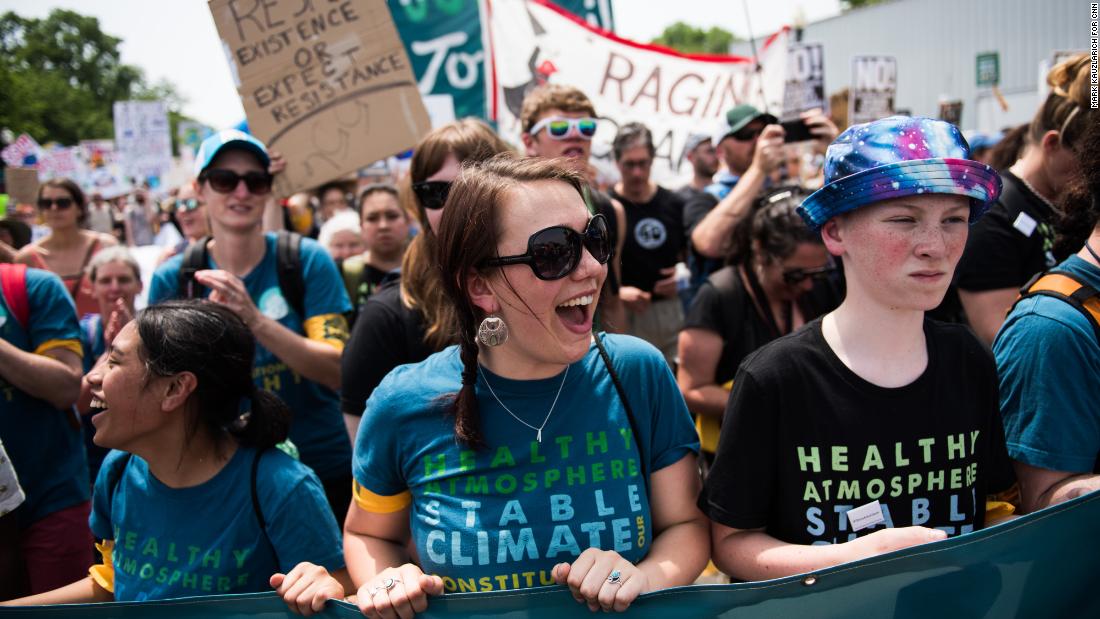
[ad_1]
The petition marks the third filing since Justice Brett Kavanaugh took the bench where the administration has moved aggressively to get the federal judiciary’s attention.
Last week, the Justice Department asked the court to block a planned deposition of Commerce Secretary Wilbur Ross in a suit regarding the reinstatement of a question about citizenship status to the 2020 Census. On Wednesday, it warned the 9th US Circuit Court of Appeals to expedite a ruling on DACA by the end of the month or it would go to the Supreme Court quickly.
Thursday’s filing concerns a lawsuit brought by 21 minors who seek to hold the government accountable for putting in place an energy plan that they allege causes climate change. The challengers say that the government is depriving them of rights to life, liberty and property and failing to protect essential public trust resources. A district court has allowed the case to go to trial on October 29.
Solicitor General Noel Francisco asked the justice to stop any further discovery and the pending trial while the government appeals the lower court opinion.
In his filing, Francisco lambasted the suit, calling it “an attempt to redirect federal environmental and energy policies through the courts rather than through the political process, by asserting a new and unsupported fundamental due process right to certain climate conditions.”
Francisco’s language echoes some of the remarks Attorney General Jeff Sessions made before the conservative Heritage Foundation on Monday. “Judicial activism is therefore a threat to our representative government and the liberty it secures,” Sessions said. “In effect, activist advocates want judges who will do for them what they have been unable to achieve at the ballot box. It is fundamentally undemocratic.”
The filings may be welcomed by some of the justices but they also put others in an uncomfortable position, and there’s a risk of going to the well too often.
“The Supreme Court unquestionably has the authority to provide the extraordinary relief the government is seeking in these cases,” said Steve Vladeck, CNN Supreme Court analyst and professor at the University of Texas School of Law.
“That said, it tends to exercise that authority sparingly,” he added,” and there’s reason to wonder if the government, by repeatedly asking for such unusual relief, might be perceived by at least some of the justices as the boy who cried wolf.”
Already, justices are concerned with the repercussions of the deeply political Kavanaugh hearings on the institution of the court. In a rare speech this week, Chief Justice John Roberts told an audience in Minnesota said that the court would not serve “one party or one interest.” Yet these filings could be viewed in political terms by liberals who are still steaming over Kavanaugh’s confirmation.
In the census case, for example, the justices are being asked to block the deposition of Ross. The court has sat on the petition for an unusual period of time prompting court watchers to wonder if Roberts is looking for a way out of a potential 5-4 split. Roberts cares deeply about how the court is perceived as was evident in his comments this week.
“I have great respect for our public officials. After all, they speak for the people and that commands a certain degree of humility from those of us in the judicial branch who do not. We do not speak for the people,” he said. “But we speak for the Constitution. Our role is very clear. We are to interpret the laws and Constitution of the United States and ensure that the political branches act within them.”
Source link

